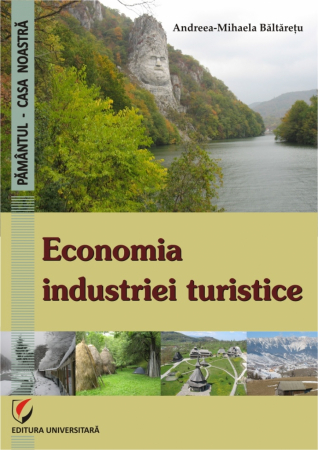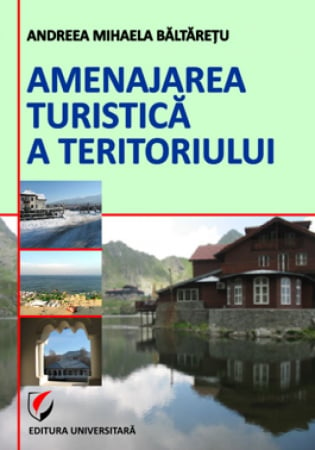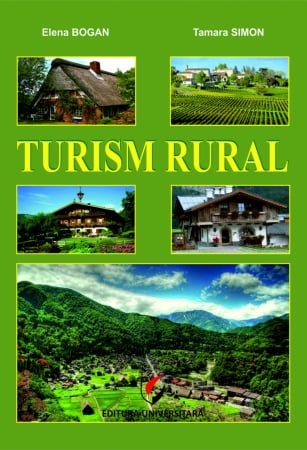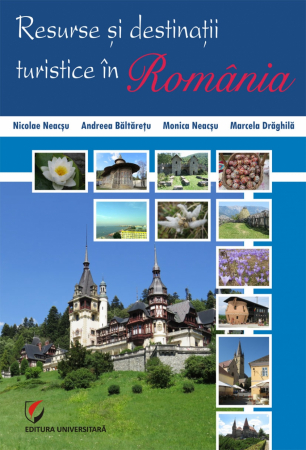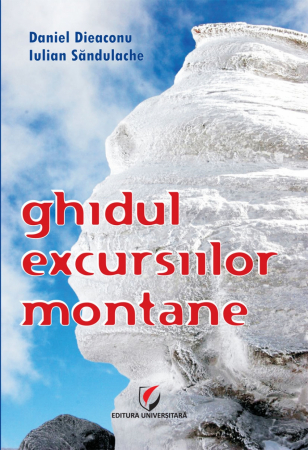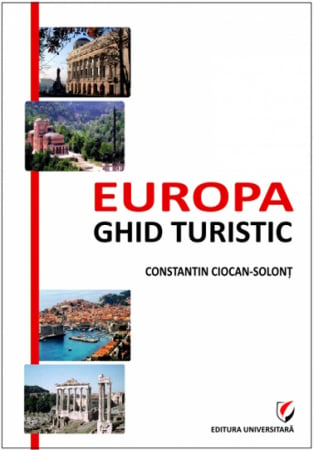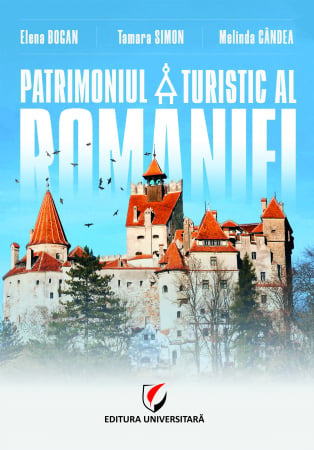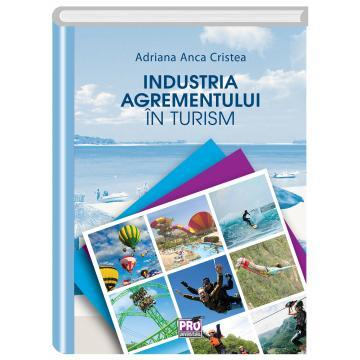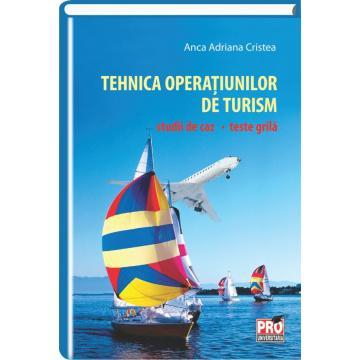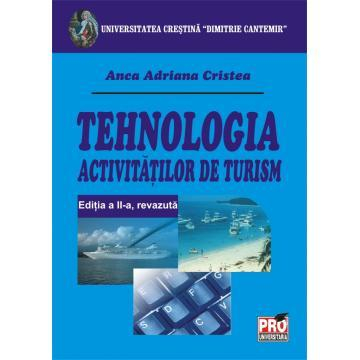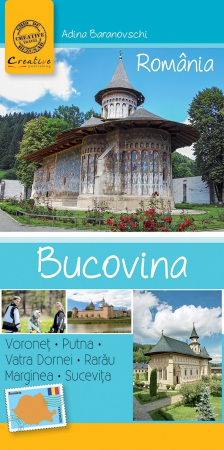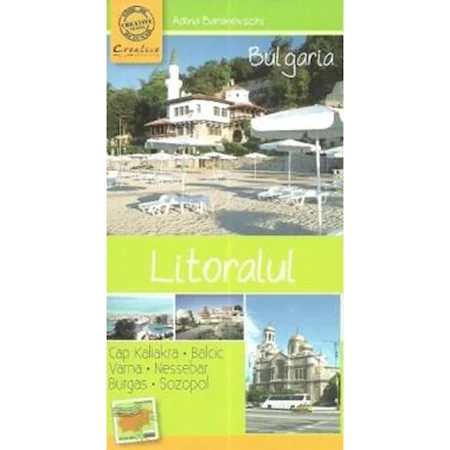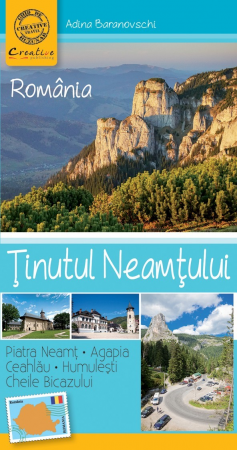ISBN: 978-606-28-0876-1
DOI: 10.5682/9786062808761
Publisher year: 2019
Edition: I
Pages: 276
Publisher: Editura Universitară
Author: Elena Bogan
- Description
- Download (1)
- Authors
- Content
- More details
- Reviews (0)
In the urban environment, most of the tourist activities related to leisure are related to the cultural field. Urban tourism focused on the cultural field highlights the talent of artists (painters, sculptors - exhibitions and art galleries, clothing designers), national and regional gastronomy, through restaurants with specifics, etc.
The types of tourism in the urban environment, in their entirety, support the interpersonal contacts between the host population and visitors, support the exchange of information, ideas, cultural and tourist experiences. The realization of the socio-economic development strategies of the cities, of the general urbanism plans must take into account the support and the amplification of the tourist function. The tourism industry must be in harmony and balance with other economic activities, in order to avoid contradictions. Given that the urban environment is able to support tourism, to provide new facilities for economic agents in the field, they determine a faster process of conservation, restoration or urban modernization.
In order to recognize the contribution of tourism in the development of cities, local authorities must be involved in improving the infrastructure and artistic and cultural spaces, workspaces for artists, rehearsals, exhibitions, etc. The creation of facilities in art and culture can be encouraged in all urban centers and can be an integral part of the civic infrastructure and the community. These facilities must be provided and encouraged in all functional urban areas, so that art and culture can be enjoyed by all visitors and the community.
Urban tourism focused on the cultural component supports the preservation of cultural identity, values and exceptional goods; it becomes an important part of national culture and civilization; supports cultural exchanges (especially at the level of museums and artistic events). The concentration of tourist activities at urban level means shaping a well-defined tourist function and culture and includes the idea of multiculturalism.
Therefore, urban tourism offers a multitude of collective, individual experiences in mental, affective-aesthetic, with a long-term impact on tourists. In the face of the expansion of high-performance technology and computer communication, the current field is the one that reflects the human side of contemporary society.
The Author
-
Turism urban. Note de curs
Download
CHAPTER I. THE CITY - SUPPORT OF THE TOURIST ACTIVITY / 8
1.1. Generations of cities / 8
1.2. City generating functions / 12
1.3. Types of urban spaces / 14
1.4. The cultural dimension of the city / 16
CHAPTER II. URBAN TOURISM - CONCEPTUAL AND OPERATIONAL ASPECTS / 18
2.1. General aspects / 18
2.2. Operational concepts, definitions / 22
2.3. Differentiation of urban tourism from other types of tourism / 26
2.4. Analysis of urban tourism / 27
CHAPTER III. GOALS AND MOTIVATIONS OF TOURISTS FOR URBAN TOURISM / 30
3.1. General aspects of tourist motivation - factors and classifications / 30
3.2. Experience and behavior of the urban tourist / 37
CHAPTER IV. ELEMENTS OF TOURIST ATTRACTION IN THE URBAN SPACE / 40
4.1. Elements of attractiveness of cities / 40
4.2. Categories of existing cultural resources in the urban space / 42
CHAPTER V. TYPES OF TOURISM IN THE URBAN SPACE / 46
5.1. Tourism in historic cities - historical tourism / 48
5.2. Tourism of cultural capitals / 56
5.3. Museum tourism / 68
5.4. Tourism of the great artistic festivals / 81
5.5. Religious and pilgrimage tourism / 93
5.6. Multicultural and ethnic tourism / 110
5.7. Culinary or gastronomic tourism / 120
5.8. Business tourism / 134
5.9. Shopping tourism / 150
5.10. Medical tourism and body aesthetics / 161
5.11. Tourism of major sporting events / 173
5.12. Theme and amusement park tourism / 185
5.13. Tourism of big casinos and gambling / 196
5.14. Cruise tourism / 204
5.15. Industrial tourism / 216
5.16. Railway tourism / 227
CHAPTER VI. URBAN TOURIST MANAGEMENT / 236
6.1. General aspects / 236
6.2. Integrated quality management in urban tourism / 238
CHAPTER VII. URBAN TOURIST MARKETING / 248
7.1. General aspects / 248
7.2. Case studies / 256
BIBLIOGRAPHY / 264
In the urban environment, most of the tourist activities related to leisure are related to the cultural field. Urban tourism focused on the cultural field highlights the talent of artists (painters, sculptors - exhibitions and art galleries, clothing designers), national and regional gastronomy, through restaurants with specifics, etc.
The types of tourism in the urban environment, in their entirety, support the interpersonal contacts between the host population and visitors, support the exchange of information, ideas, cultural and tourist experiences. The realization of the socio-economic development strategies of the cities, of the general urbanism plans must take into account the support and the amplification of the tourist function. The tourism industry must be in harmony and balance with other economic activities, in order to avoid contradictions. Given that the urban environment is able to support tourism, to provide new facilities for economic agents in the field, they determine a faster process of conservation, restoration or urban modernization.
In order to recognize the contribution of tourism in the development of cities, local authorities must be involved in improving the infrastructure and artistic and cultural spaces, workspaces for artists, rehearsals, exhibitions, etc. The creation of facilities in art and culture can be encouraged in all urban centers and can be an integral part of the civic infrastructure and the community. These facilities must be provided and encouraged in all functional urban areas, so that art and culture can be enjoyed by all visitors and the community.
Urban tourism focused on the cultural component supports the preservation of cultural identity, values and exceptional goods; it becomes an important part of national culture and civilization; supports cultural exchanges (especially at the level of museums and artistic events). The concentration of tourist activities at urban level means shaping a well-defined tourist function and culture and includes the idea of multiculturalism.
Therefore, urban tourism offers a multitude of collective, individual experiences in mental, affective-aesthetic, with a long-term impact on tourists. In the face of the expansion of high-performance technology and computer communication, the current field is the one that reflects the human side of contemporary society.
The Author

6359.png)
![Urban Tourism. Course Notes - Elena Bogan [1] Urban Tourism. Course Notes - Elena Bogan [1]](https://gomagcdn.ro/domains/editurauniversitara.ro/files/product/large/turism-urban-note-de-curs-174-213897.jpg)
